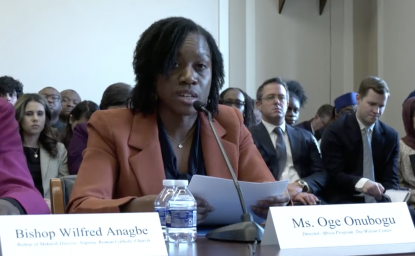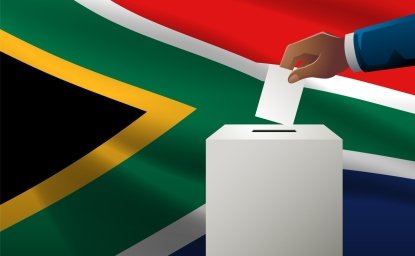Since its independence in 1962, the small Central African nation of Burundi has been mired in a seemingly never-ending cycle of violence. The most recent conflict, which began in 1993, has left one of the world's poorest countries with more than 300,000 dead and more than one-quarter of its 6 million citizens displaced.
Nonetheless, there is a new spirit of hope in Burundi. The August 19th presidential election was a turning point in the long transition to peaceful, democratic rule. Six of the seven former rebel groups have begun demobilizing and participated in the electoral process, and there are indications that peace talks may begin between the remaining rebels and the new government.
Burundians—Tutsi, Hutu and Twa—have important common interests and sustainable post-war recovery will depend largely on the ability of this deeply polarized society to collaborate despite old ethnic and political divisions. This requires Burundi's leaders to recognize their interdependence as part of a broader national community as they rebuild personal relationships and deepen cooperation.
To help them meet these political challenges, the Africa Program launched a major capacity-building initiative in December 2002. The Burundi Leadership Training Program (BLTP) aims to build a cohesive, sustainable network of key leaders to guide the nation's transformation.
In November and December 2004, I attended two training sessions for the leaders of 31 of Burundi's political parties—including the six formerly armed groups. Through a six-day retreat, and a two-day follow-up workshop, these leaders—many of whom were on opposite sides in the conflict, and all of whom would be rivals in the upcoming elections—underwent intensive leadership training in conflict analysis, communications, negotiations, group problem-solving, team-building, strategic planning, and managing organizational change. By the end of these workshops, the party leaders had developed such a sense of unity that they wrote a press release jointly affirming their commitment to a fair and peaceful electoral process and vowed to respect the outcome, win or lose.
Since the BLTP's inception, almost 400 national leaders have undergone similar training; in addition, almost 3,700 local community leaders received similar training in conflict management and resolution skills. The British assistance agency, the Department for International Development, just announced a two-year funding commitment to the Wilson Center to continue the capacity-building work with the newly integrated national police and army commands. As further testimony to the program's impact, Burundi's president requested that a workshop in collaborative decision-making be organized for all top leaders in the newly elected government.




